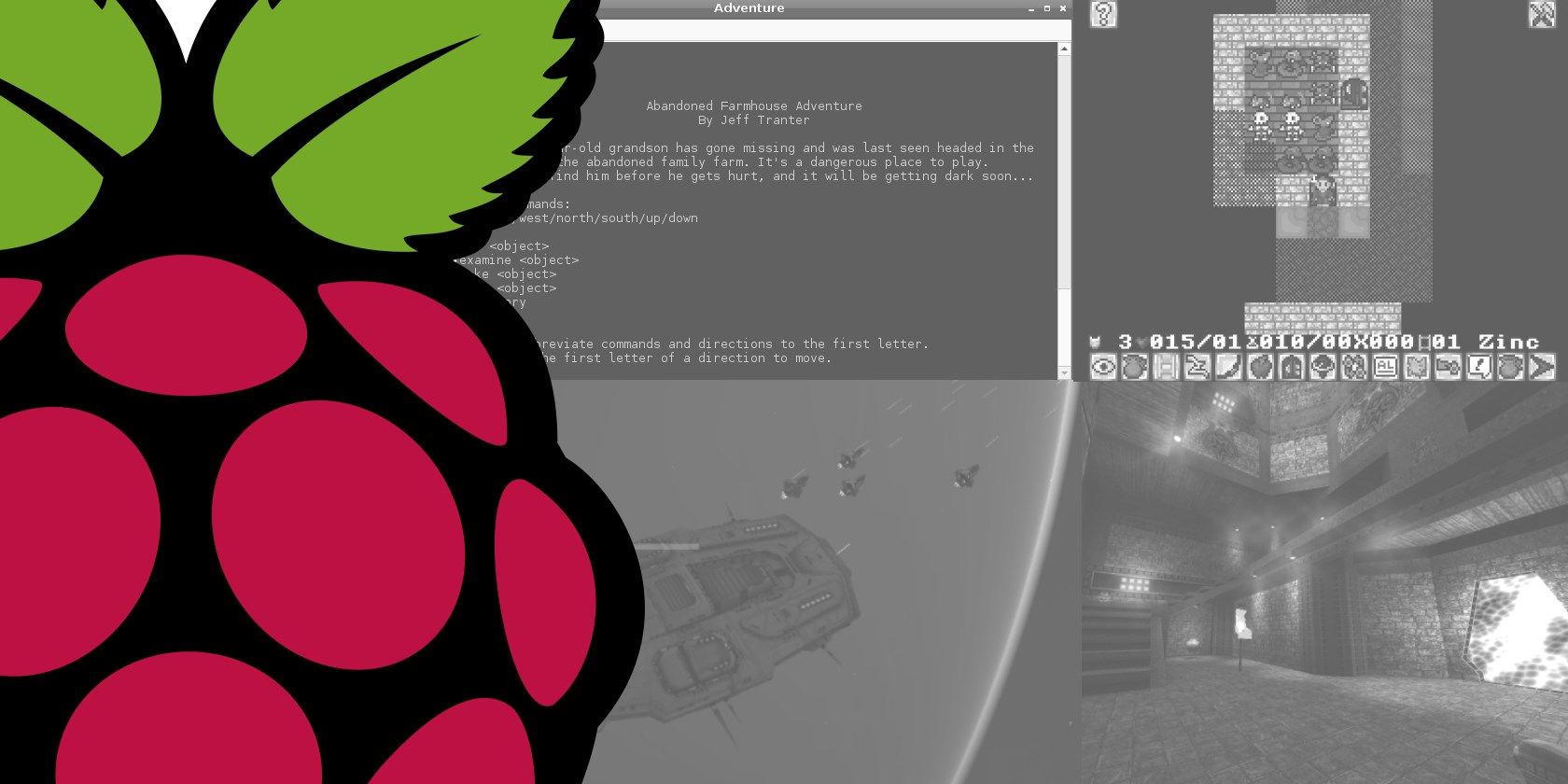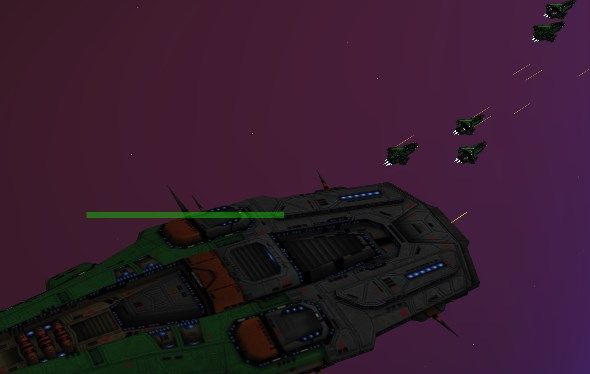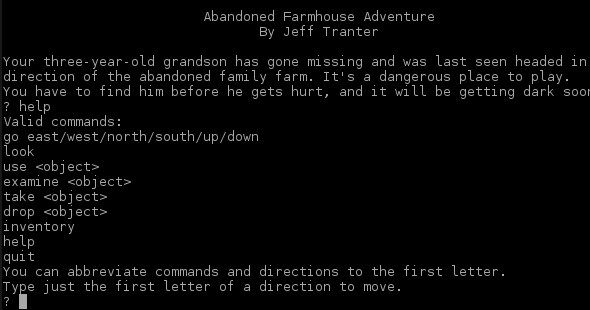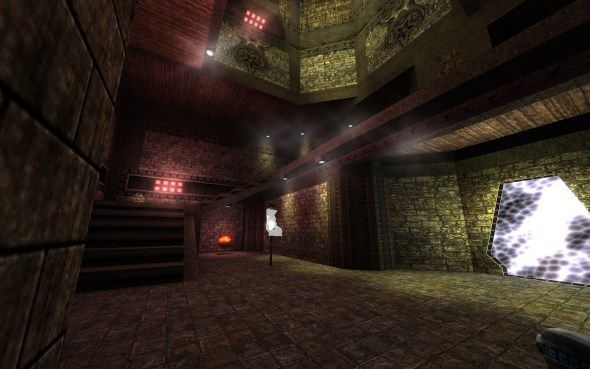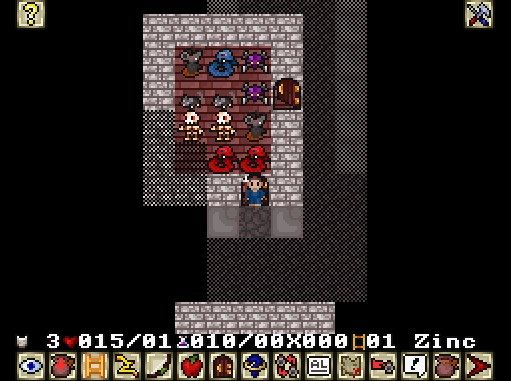Over the past few months I’ve produced many articles about the Raspberry Pi. These can be quite time-intensive, especially when things don’t always work out well – it’s the nature of this job that you can run into problems developing tutorials.
At times like these, I tend to drift towards video games, and recently I’ve discovered that more and more titles are available for the Raspberry Pi.
If you thought gaming on the Raspberry Pi was limited to setting up emulators with RetroPie or watching other gamers on YouTube (perhaps via the RaspBMC media centre solution) then prepare to be surprised.
While you won’t find Halo running on the Raspberry Pi you’ll certainly find some fascinating gaming alternatives.
Gaming on the Raspberry Pi
It is perhaps unsurprising that gaming on the Raspberry Pi is exploding, with more and more titles finding their way into the Store every week at present.
Leading the way was a selection of polished games covering a variety of genres. We’ve previously looked at FreeCiv, the Raspberry Pi version of Minecraft, OpenTTD and The Little Crane That Could, four excellent examples of games for this small computer.
Although more independently produced titles are being listed in the Pi Store, there are four more top titles – including an excellent FPS – which you shouldn’t miss if you want a truly rich gaming experience from the Raspberry Pi.
Iridium Rising
Space combat games are few and far between on established platforms, but Iridium Rising brings real-time multiplayer battles in the heavens to the Raspberry Pi absolutely free. Developed by a team working in their spare time, this game is under continual development, but despite the occasional bugs it is certainly worth installing.
Placing you in the middle of a battle for supremacy between the Eltan and Xilari space-faring races, Iridium Rising can be played against or alongside friends and other human players as well as the AI, and features impressive 3D graphics that have been optimized for the Raspberry Pi.
The Abandoned Farmhouse Adventure
If you ever pored over a keyboard in the 1980s well into the small hours typing the code for a computer game into your 8-bit home computer from a magazine, the chances are that you were attempting to program a text-based adventure.
These games – essentially RPGs in which the computer plays the role of gamemaster – were hugely popular in a time when graphics couldn’t quite cut the mustard. However as time progressed, and the point and click graphical adventure was born, text-based adventures soon fell into a specialist niche.
The pioneering spirit of the home computers of the 1970s and 1980s is evoked by the Raspberry Pi (see my interview with the device’s lead developer Eben Upton to see why) so it makes sense that a text based game should be found in the Pi Store. That The Abandoned Farmhouse Adventure is no longer the only text adventure illustrates why this is a great genre and one that is well-represented in this title.
Open Arena
While the text based adventure might be considered a genre of classic computing, the FPS is no doubt a genre of the modern era of gaming (although it has been with us for over 20 years!).
Over the years there have been many great titles, from Doom to Half Life 2, Bioshock and Halo. The Quake series was particularly popular, and Open Arena is a free software clone of the online multiplayer release Quake III Arena, ported to Raspberry Pi.
Although the Internet multiplayer option with this version is sadly unusable, the game still supports LAN gaming, and the ability to connect to a local game server.
Other than this shortcoming, Open Arena is a must-have title for any gamer with a Raspberry Pi.
Powder
Beginning life on the Gameboy Advance, Powder is a classic-style top-down dungeon crawler, pitting you against hordes of monsters with only your wits, your weapon and your magic about you.
Tactical thinking is important when it comes to attack and defence, as well as quick thinking – dungeons are created randomly, and death is permanent so there are no second chances here!
Weapons and armor can be equipped, spells can be cast to defeat enemies and the whole thing plays like those retro dungeon games of the past. Hey, retro gaming without an emulator – sounds good, doesn’t it?
Raspberry Pi: A Sweet New Marketplace?
The titles featured here have been chosen based on quality and playability. They’re notable in that they all attempt separate game genres and are available from the Raspberry Pi Store.
However in recent weeks the Pi Store has been filling up with more games – not all of which are free (although they are competitively priced). Could it be that the Pi is the home for a brand new generation of game developers, inspired by the computer’s usability and the provision of development tools?
It’s too early to say at the moment, but the new games that have been added recently are particularly enticing. If you’re interested in building a career in gaming, getting started with the Raspberry Pi might be a good path to take.
Conclusion
Open Arena is particularly impressive, Iridium Rising has all the qualities of a great space sim and Powder looks as though it walked off a 1980s arcade coin op. Meanwhile The Abandoned Farmhouse Adventure expertly recalls the wonderful text adventures – proto RPGs – of the 1970s and 1980s 8-bit gaming era.
It might not be capable of tremendous AI, complex paths and awesome 3D graphics, but the Raspberry Pi can now be described as a gaming platform.
The titles listed above, and the possibility that this is a potentially exciting new platform for game developers (perhaps as a testing ground for mobile or browser-based apps), makes the prospect of playing games on the Raspberry Pi far more interesting than installing an emulator and running a 30 year old platformer.

